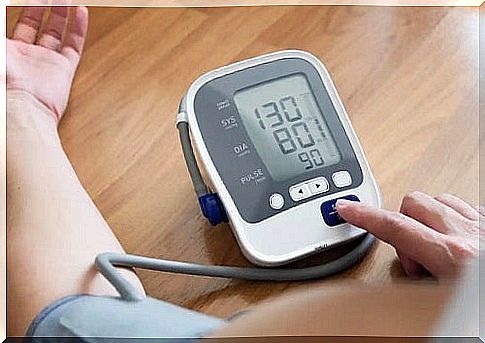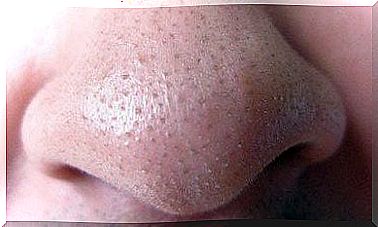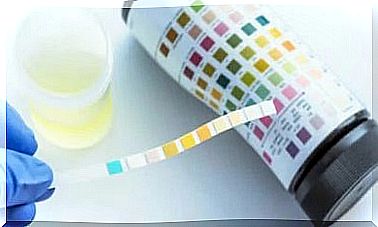10 Benefits Of Melatonin

When we talk about the benefits of melatonin, it is normal to refer it to sleep and the regulation of the sleep-wake cycle. However, recently, its use has been investigated in other areas.
Serum concentrations of the substance vary considerably with age, and babies secrete very low levels before 3 months. The secretion increases and becomes circadian as the baby develops. Do you know the main benefits of melatonin? We present them below!
10 benefits of melatonin
An epileptic seizure and a postictal period, in addition to their dramatic features, are highlighted by massive energy consumption. It is believed that this leads to oxidative stress and increased generation of free radicals, which is reflected in cellular aging and impaired metabolism.
Studies have concluded that the administration of melatonin before a tonic-clonic crisis reduces the level of radicals generated later. It is a difficult application in the clinical field, but it is still under study.
Melatonin is involved in regulating blood pressure and autonomic cardiovascular function. In patients with essential hypertension, repeated administration before bed significantly reduces nocturnal blood pressure.
Melatonin has antioxidant properties and maintains adequate concentrations of nitrogen oxide, a powerful vasodilator. On the other hand, it improves endothelial function and reduces the activity of the adrenergic system.

In a review of 2017 studies, the oncostatic role of melatonin was demonstrated in various cancers, such as breast, ovarian, prostate, oral, gastric and colorectal. This feature is not curative, but it would help slow down the evolutionary process of certain tumors.
Melatonin is an adjunct in breast cancer chemotherapy. It seems to improve the therapeutic effects and reduce the side effects of drugs and radiation.
Topical application of melatonin can be beneficial because it penetrates the stratum corneum and forms a deposit due to its lipophilic chemical structure. In this sense, it can be deposited in the structure of the skin to act progressively.
Therefore, the endogenous production of intracutaneous melatonin, together with locally applied melatonin, may be one of the most powerful antioxidant defense systems against skin aging induced by UV radiation.
A dysfunction of the regulation of melatonin synthesis is responsible for its changes in the early stages of Alzheimer’s disease. Therefore, studies in the Journal of Pineal Research indicate that reactivation of the circadian cycle through phototherapy and melatonin supplementation have had promising positive results.
A key neuroprotective effect has been highlighted that allows the use of melatonin to prevent neurodegenerative diseases characteristic of old age. Among them is Alzheimer’s disease.
Melatonin is an excellent neutralizing agent for free radicals found in the body. Free radicals are oxidizing substances. Studies by Life Sciences conclude that melatonin, which is a fat-soluble compound, is twice as active as vitamin E, which is believed to be the most effective lipophilic antioxidant.

Regarding autism spectrum disorders (ASD), serotonergic system abnormalities and sleep-wake rhythm disorders observed in children with ASD suggest altered melatonin secretion.
Sleep disorders are observed in 50 to 80% of people with autism. One benefit of melatonin could be improving the quality of life of these patients, their families and their carers.
Melatonin recommendations
The body secretes more melatonin at night. The power of the light stimulus that is absorbed during the day, accompanied by the biological clock, determines the total value of the substance secreted by the body.
Before consuming melatonin, it is best to consult a doctor, especially if you have a disease. The professional will determine if it is indicated or not. These benefits are, for the most part, still experimental, so each clinical case must be evaluated separately.









